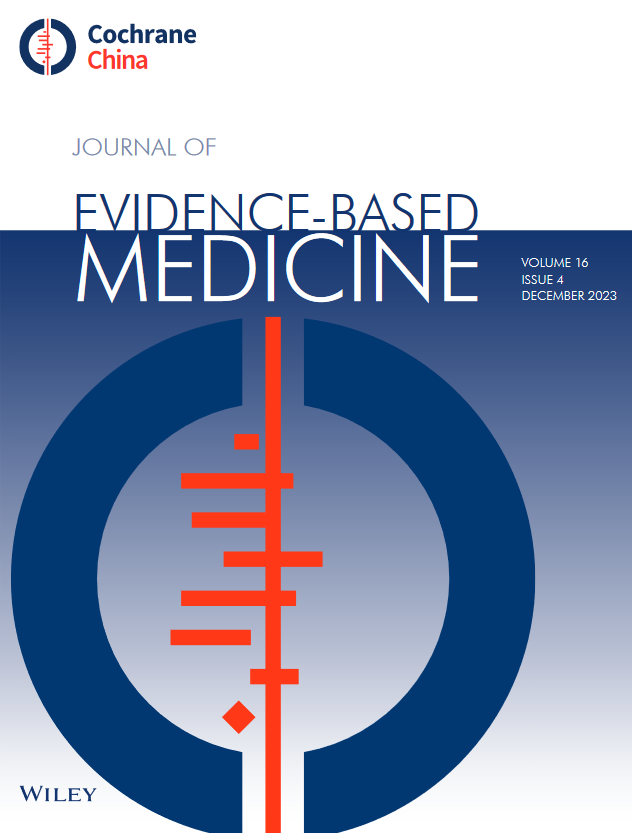With the increasing number of patients with cognitive impairment, nonpharmacological ways to delay cognitive impairment have attracted people's attention, such as lifestyle changes and nutritional supplementation. Folic acid supplementation appears to be a promising treatment option. However, it remains controversial whether folic acid supplementation is effective in delaying adult's cognitive impairment. Therefore, we conducted a meta-analysis to analyze the effects of folic acid supplementation on different cognitive impairments.
We systematically searched PubMed, Web of Science, EMbase, Cochrane Central Register of Controlled Trials, China National Knowledge Infrastructure (CNKI), WanFang and VIP databases for randomized controlled trials on January 22, 2024. The included population comprised those diagnosed with cognitive impairment. We included trials that compared folic acid treatment with placebo, other dosing regimens, or other intervention controls. Conducting quality evaluation of included studies according to the Cochrane Risk of Bias tool. Statistical analyses were performed using Review Manager software.
Twenty-two trials, including 3604 participants, met inclusion criteria. Compared with controls, the cognitive function of Alzheimer's disease (AD) patients showed improvement with folic acid supplementation: supplementation with < 3 mg (standardized mean differences (SMD) = 0.15, 95% confidence interval (CI) –0.10 to 0.41), and supplementing with ≥ 3 mg folic acid could improve cognitive function in AD patients (SMD = 1.03, 95% CI 0.18 to 1.88). Additionally, it reduced homocysteine (HCY) levels (mean differences (MD) = –4.74, 95% CI –8.08 to –1.39). In mild cognitive impairment (MCI) patients, cognitive function improved with folic acid supplementation: supplementation with > 400 μg (SMD = 0.38, 95% CI 0.13 to 0.63), and supplementation with ≤ 400 μg (SMD = 1.10, 95% CI 0.88 to 1.31). It also reduced HCY levels at intervention ≤ 6 months (MD = –3.93, 95% CI –5.05 to –2.82) and intervention > 6 months (MD = –4.38, 95% CI –5.15 to –3.61). However, supplementing with folic acid did not improve cognitive function in vascular cognitive impairment (VCI) patients, with folic acid supplements < 3 mg (SMD = –0.07, 95% CI –0.23 to –0.08), folic acid supplements ≥ 3 mg (SMD = 0.46, 95% CI –0.57 to 1.49), however, it reduced HCY levels at intervention > 6 months (MD = –5.91, 95% CI –7.13 to –4.69) and intervention ≤ 6 months (MD = –11.15, 95% CI –12.35 to –9.95).
Supplement folic acid is beneficial to the cognitive profile of patients with MCI, supplementation with ≥ 3 mg folic acid can improve cognitive function in AD patients.


